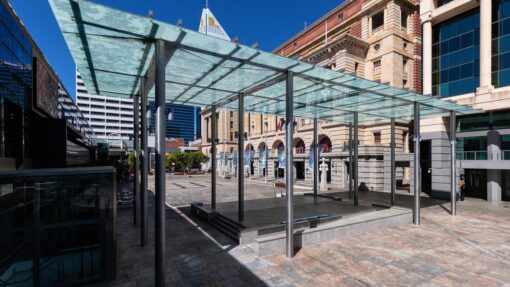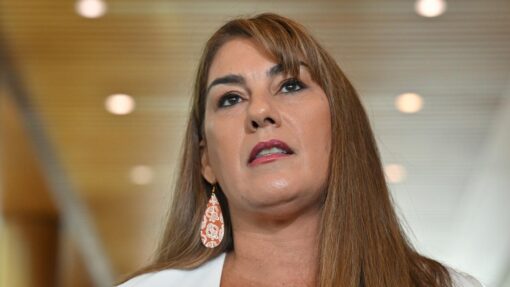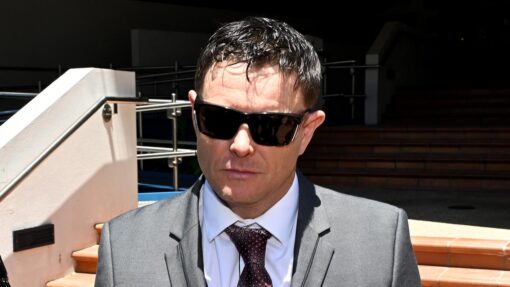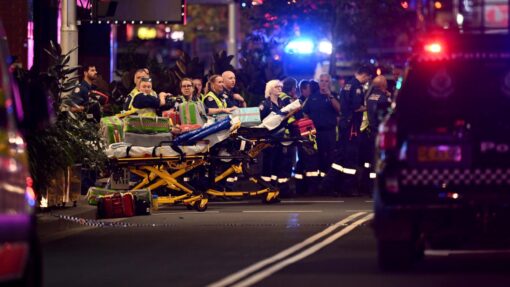Indigenous policy ‘frozen in time’ as campaign heats up
Keira Jenkins |
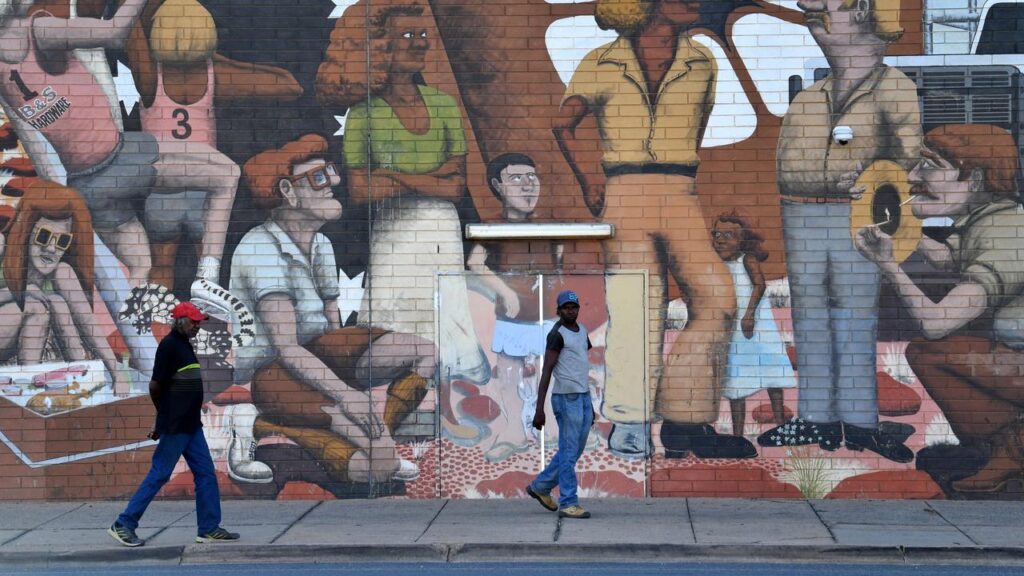
With the federal election just weeks away, Indigenous mental health experts are warning Australians not to engage in discriminatory and racist debate on the policies of the major parties.
While the broader campaign focus has been on the cost of living and economic issues, Black Dog Institute First Nations strategy director Clinton Schultz says conversations on Indigenous issues will ramp up.
And when they do, it’s important they don’t come at the cost of the wellbeing of Indigenous Australians.
“We shouldn’t be undertaking these conversations to gain attention or gain notoriety or political advantage,” the Gamilaroi man told AAP.

Dr Schultz said the negative impact of the debate over the 2023 voice referendum on Indigenous people was well-documented, and Australians need to be aware of that.
But he believes there has already been a shift toward a discourse that is detrimental to Aboriginal and Torres Strait Islander people, and other minority groups.
“That has led to people feeling like they have the freedom and the right to voice more discriminatory, more racist rhetoric, and we know that comes at the detriment of those it is projected towards,” he said.
Both federal Labor and the coalition say they’re focusing on “practical” measures in their Indigenous policy, ahead of the May 3 election.
Instead of earmarking money for Makarrata or truth-telling in its March budget, Labor zeroed in on funding mental health and domestic violence services in Indigenous communities, subsidising remote grocery costs and upgrading infrastructure like seawalls in the Torres Strait.
Uluru youth dialogue co-chairs Bridget Cama and Allira Davis say communities are concerned the “no” vote on the voice to parliament is shifting to other Indigenous policy issues.
“We are worried politics is freezing Aboriginal Australia in time, in October 2023,” they said.
“What no one talks about is (economic empowerment) hasn’t closed the gap. It has worked to create a burgeoning elite middle and business class, which is great, but it is not helping the vast numbers of those left behind.”
The measures outlined in the opposition’s Priorities of a Dutton Coalition Government document include auditing government spending on Indigenous programs, reintroducing the cashless debit card and “boosting law and order” in Indigenous communities.

Coalition senator Jacinta Nampijinpa Price has also called for a royal commission into sexual abuse in Indigenous communities, although she has ruled out Howard-government era interventionist policies.
Nira illim bulluk man of the Taungurung nation Marcus Stewart, who’s also the partner of Labor senator Jana Stewart, said the rhetoric around inquiries perpetuates the vitriol seen in the 2023 referendum debate.
“We’re talking about how do we improve the lives of Aboriginal people and they think an investigation is going to cut the mustard,” he said.
“Let’s focus on the real issues and come together on what we all agree with … we’re a better nation than that.”
Ms Cama and Ms Davis said they are also despondent over the coalition’s promise to audit spending on Indigenous programs.
“This election is about our future – we will all inherit the result,” they said.
AAP